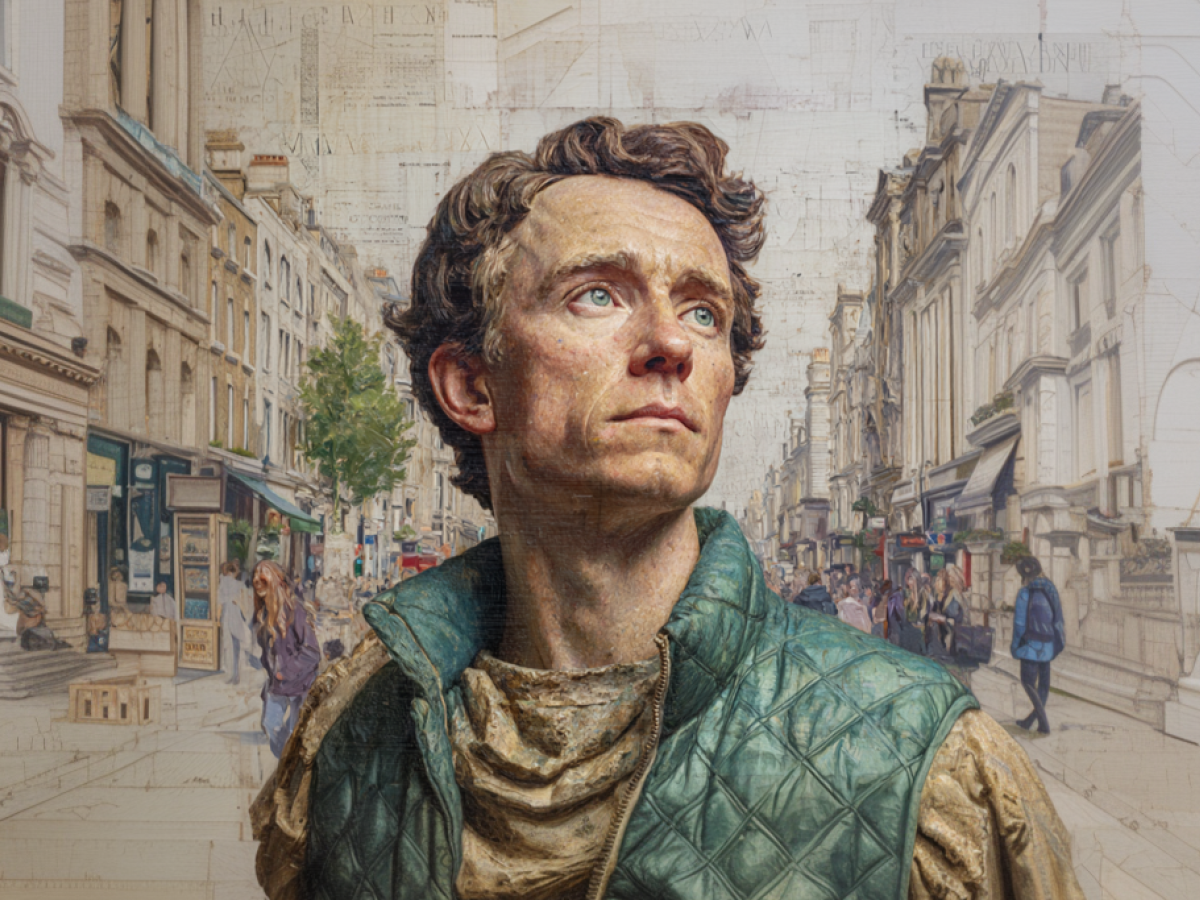
Listen now
This opening paragraph may well break every rule in the Podcast Hosting Handbook, but I’d like to offer some context for my conversation with Lord Michael Hastings by putting my cards on the table for a moment. If there’s one place where I, the co-host of the Re-Enchanting Podcast, have become disenchanted; it’s politics. It’s capitalism. It’s leadership. It’s public life.
It is for this reason that I am still surprised that our episode with Michael has become my personal favourite (and if you’ve been listening to the podcast, you’ll know that it has notably stiff competition). The conversation really has done what it set out to do, it has begun to re-enchant me.
Michael Hastings, for those who are not yet acquainted, is a force of nature.
He is an Independent Peer in the House of Lords, and that’s only the beginning. Allow me to mention just a few of his other current roles: he is the Chairman of the School of Oriental and African Studies, the London Chamber of Commerce, and the Industry Black Business Association. He’s the Vice President of UNICEF, a Professor at the Utah State University, an ambassador for Tearfund, and a personal mentor to hundreds of people.
He was the BBC’s Head of Public Affairs before becoming its first Head of Corporate Social Responsibility. He was also GMTV’s Chief Political Correspondent.
So, to sum up: Lord Hastings’ work resides in the realm of politics, capitalism, leadership, and public life.
This was always going to be interesting. I just wasn’t sure it was going to be that enchanting. How deeply wrong I was.
When Michael was just sixteen years old, he was asked what he wanted to do with his life, and the words he spoke that day are the exact words he still lives by now. He said,
"I want to speak up for the poor. I want to bend the power of the prosperous to the potential of the poor."
And that, it seems to me, is exactly what he does. That is precisely why he sees such value in serving in the business sector, the commerce sector, the political sector. In those places, he is able to ‘leverage opportunity for others’. He does all that he can, in those public spaces, to bend the power of the privileged few in the direction of the poor.
What I found even more interesting is that, the way he speaks of such things, it’s as if he sees no other way of operating in those societal spheres; he accepts no other (valid) reason why one would enter politics; no other (ethical) motivation behind economic prosperity. You could call such optimism naivety. Or, as I’ve learnt, you could call it enchantment.
It strikes me that this conversation may just be the balm that the 65 per cent of people who have lost trust in the government need. Whether one agrees with the details of what Lord Hastings says or not, it’s certainly striking how foreign it feels to hear someone speak of service as the beginning and the end of their political and commercial aspirations.
From the moment I met Lord Hastings on a drizzly Wednesday morning, I was utterly captivated by his warmth and immediately at ease in his presence. And, as a result, a truly inspiring encounter ensued.






